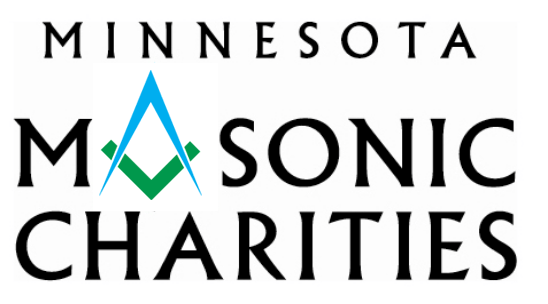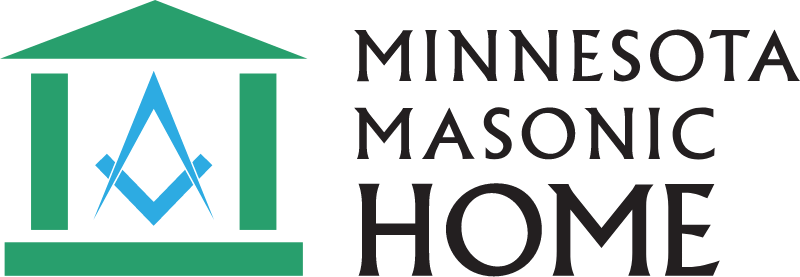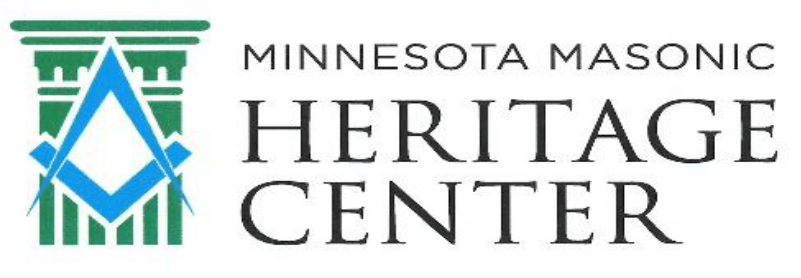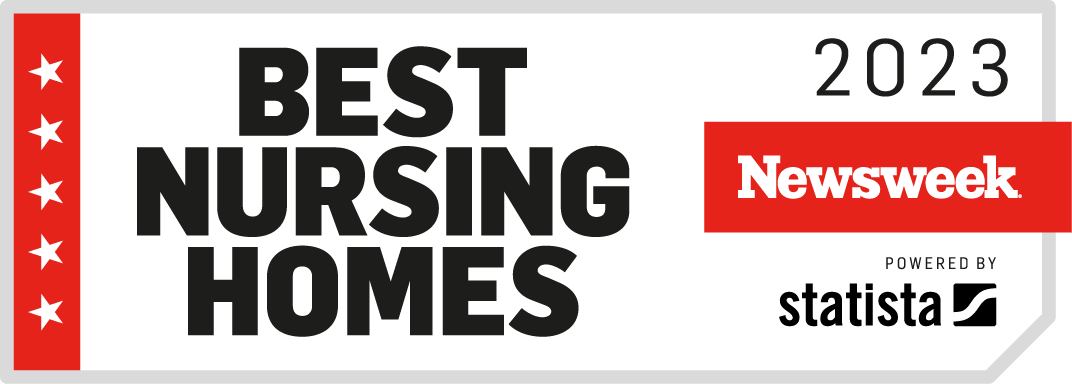ADL
Assisted Living
Caregiver or CNA
Congregate Housing
Conservator
Continuing Care Retirement Community (CCRC)
Continuum of Care
Health Insurance Portability and Accountability Act (HIPAA)
Independent Living
Managed Care
Medicaid
Medicare
Medication Management
Nursing Assistant
Nursing Home
Occupational Therapy
Palliative Care
Physical Therapy
Registered Nurse (RN)
ADL
Activities of daily living, such as bathing, dressing, and toileting.
Assisted Living
Assisted Living is a senior living option that combines housing, supportive services, and health care, as needed. Individuals who choose assisted living enjoy an independent lifestyle with assistance customized to meet individual needs, and benefits that enrich their lives.
Assisted Living promotes independence and dignity for each resident and encourages the involvement of a resident’s family and friends. Staff is available to meet both scheduled and unscheduled needs. Communities typically offer dining, social activities and personal care services designed to meet the individual needs of each resident.
Caregiver or CNA
Refers to day-to-day caregivers in senior living settings who may aid with medications, dressing, dining, ambulating, etc. These are often certified professionals—Certified Nursing Aides.
Congregate Housing
Similar to independent living except that it usually provides convenience or supportive services like meals, housekeeping, and transportation in addition to rental housing.
Conservator
A court-appointed, legal representative of a person no longer capable of taking care of their financial and legal responsibilities themselves.
Continuing Care Retirement Community (CCRC)
A community that offers several levels of assistance, including independent living, assisted living and nursing home care. It is different from other housing and care options for seniors because it usually provides a written agreement or long-term contract between the resident (frequently lasting the term of the resident’s lifetime) and the community, which offers a continuum of housing, services and health care system, commonly all on one campus or site.
Continuum of Care
Full spectrum of care available at Continuing Care Retirement Communities which may include Independent Living, Assisted Living, Nursing Care, Home Health, Home Care, and Home and Community Based Services.
Health Insurance Portability and Accountability Act (HIPAA)
This act states the requirements that a long term care policy must follow in order that the premiums paid may be deducted as medical expenses and benefits not paid be considered as taxable income.
Independent Living
Residential living setting for senior adults that may or may not provide hospitality or supportive services. Under this living arrangement, the senior adult leads an independent lifestyle that requires minimal or no extra assistance.
Managed Care
Is the partnership of the insurance and a healthcare delivery system. The goal is to coordinate all healthcare services received to maximize benefits and minimize costs. Managed care plans use their own network of health care providers and a system of prior approval from a primary care doctor to achieve this goal. Providers include: specialists, hospitals skilled nursing facilities, therapists and home health care agencies.
Medicaid
Public assistance funded by individual states in the U.S. for people who are unable to pay for health care. Medicaid can only be accessed when all other assets and funds are depleted. There are income eligibility criteria that must be met to qualify.
Medicare
Medicare is a health insurance program for:
- people age 65 or older
- people under age 65 with certain disabilities
- people of all ages with End-Stage Renal Disease (permanent kidney failure requiring dialysis or a kidney transplant)
Medicare has:
Part A Hospital Insurance – Most people don’t pay a premium for Part A because they or a spouse already paid for it through their payroll taxes while working. Medicare Part A (Hospital Insurance) helps cover inpatient care in hospitals, including critical access hospitals, and skilled nursing facilities (not custodial or long-term care). It also helps cover hospice care and some home health care. Beneficiaries must meet certain conditions to get these benefits.
Part B Medical Insurance – Most people pay a monthly premium for Part B. Medicare Part B (Medical Insurance) helps cover doctors’ services and outpatient care. It also covers some other medical services that Part A doesn’t cover, such as some of the services of physical and occupational therapists, and some home health care. Part B helps pay for these covered services and supplies when they are medically necessary.
Medicare D – Prescription Drug Coverage – Most people will pay a monthly premium for this coverage. Since January 1, 2006, new Medicare prescription drug coverage has been available to everyone with Medicare. Everyone with Medicare can get this coverage that may help lower prescription drug costs and help protect against higher costs in the future. Medicare Prescription Drug Coverage is insurance. Private companies provide the coverage. Beneficiaries choose the drug plan and pay a monthly premium. Like other insurance, if a beneficiary decides not to enroll in a drug plan when they are first eligible, they may pay a penalty if they choose to join later.
Medication Management
Formalized procedure with a written set of rules for the management of self-administered medicine. A program may include management of the timing and dosage for residents in assisted living, and could include coordination with a resident’s personal physician.
Nursing Assistant
Provides personal care to residents, including bathing, dressing and toileting. Must be trained, tested and certified to provide care in nursing facilities that participate in the Medicare and Medicaid programs. Nurse assistants typically work under the supervision of an Registered Nurse or Licensed Practical Nurse.
Nursing Home
Nursing Homes are medical care options that provide nursing or convalescent care for three or more persons unrelated to the licensee. A nursing home provides care of chronic conditions or short-term convalescent or rehabilitative care, for which medical and nursing care are indicated. In addition to licensure, nursing homes that wish to receive Medicare and Medicaid reimbursement must be certified in accordance with federal law. Beyond licensure and certification requirements, nursing homes must also honor the federal Nursing Home Patient’s Bill of Rights. These rights are designed to promote and protect the well being of nursing home residents.
Occupational Therapy
A creative activity prescribed for its effect in promoting recovery or rehabilitation. This is done to help individuals relearn activities of daily living and is generally administered by a licensed therapist.
Palliative Care
An area of health care that focuses on providing pain relief and preventing chronic suffering for patients. The goal of palliative care is to improve the quality of life in all areas of a patient’s life including physical, emotional, spiritual and social concerns that arise with advanced illness.
Physical Therapy
The treatment of disease or injury, by physical and mechanical means (such as massage, regulated exercise, water, light, heat, and electricity). Physical therapists plan and administer prescribed physical therapy treatment programs for residents to help restore their function and strength.
Registered Nurse (RN)
A Registered Nurse is a nurse who has both passed a state board examination and is licensed by a state agency to practice nursing. A minimum of two years of college is required in addition to passage of the state exams. The RN plans for resident care by assessing resident needs, developing and monitoring care plans in conjunction with physicians, as well as executing highly technical, skilled nursing treatments.





